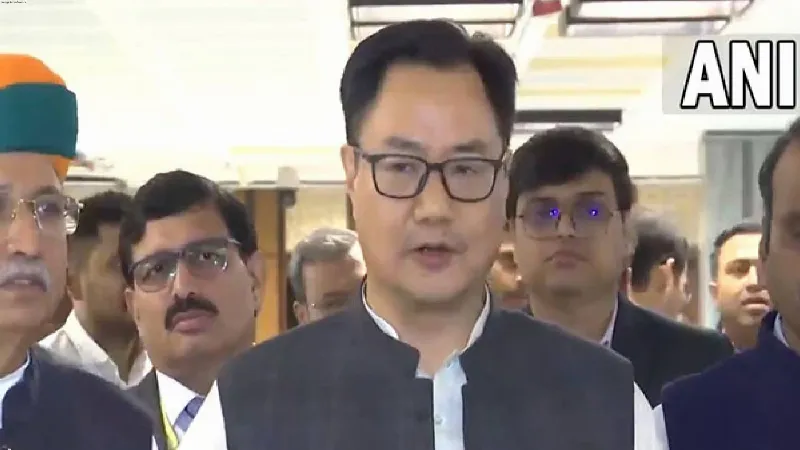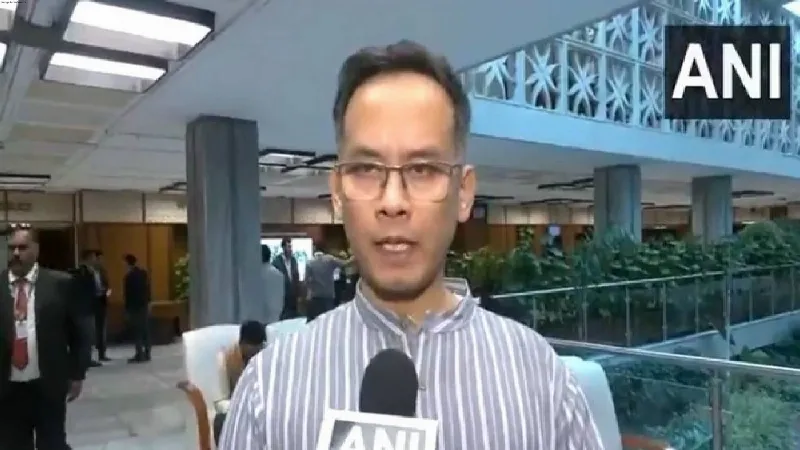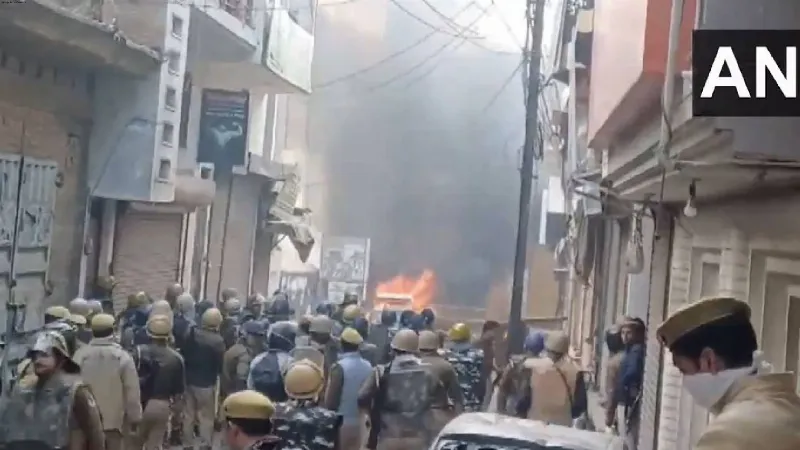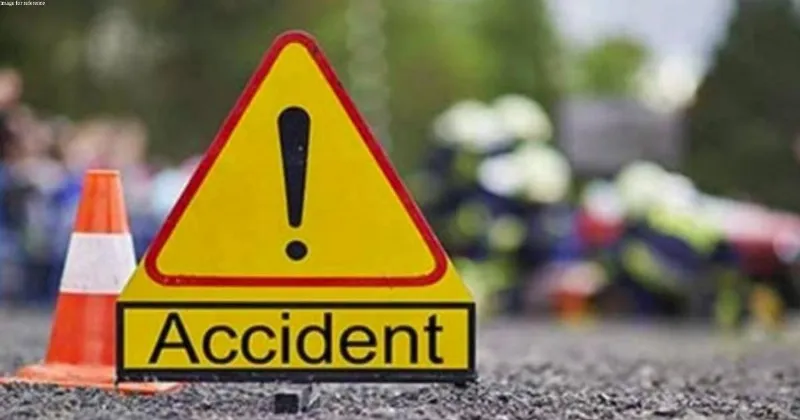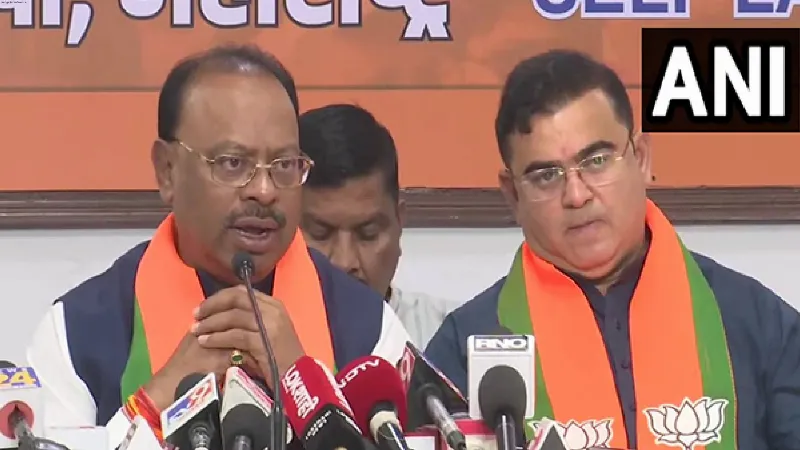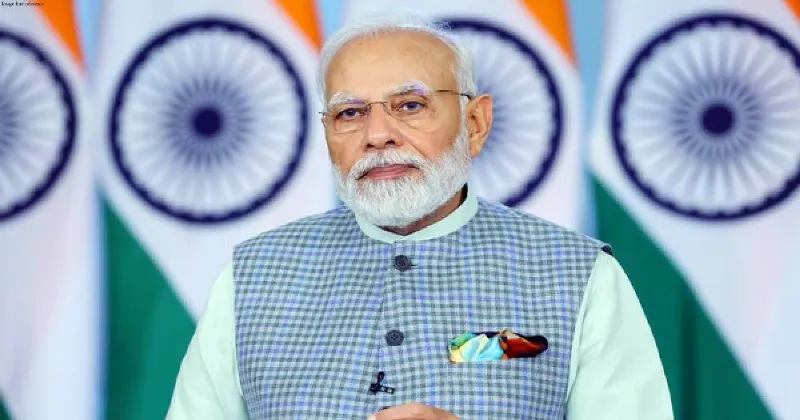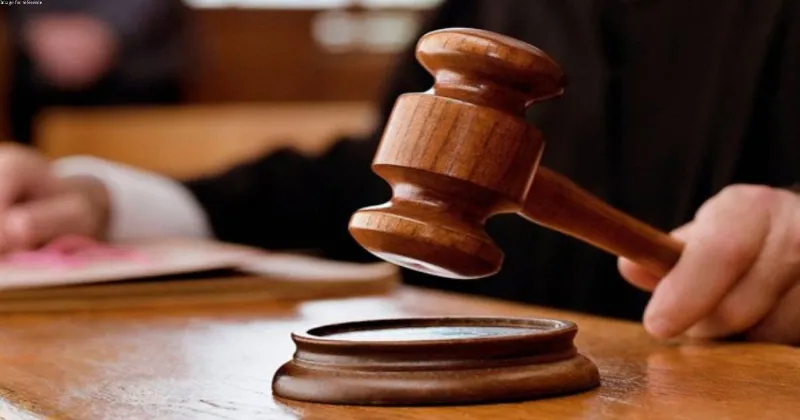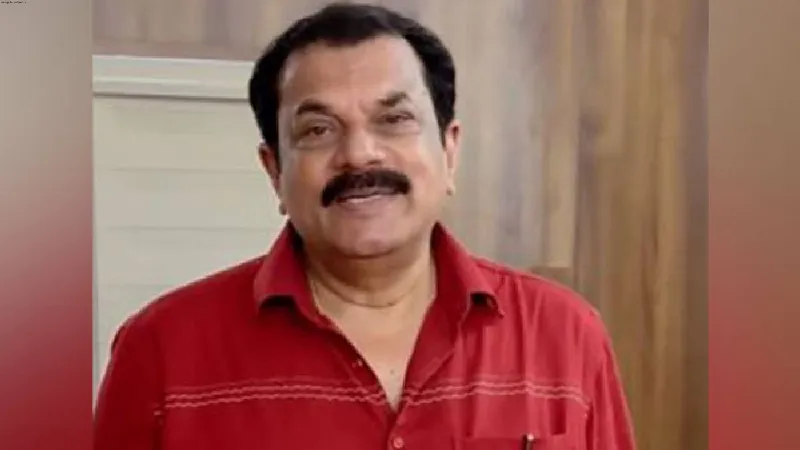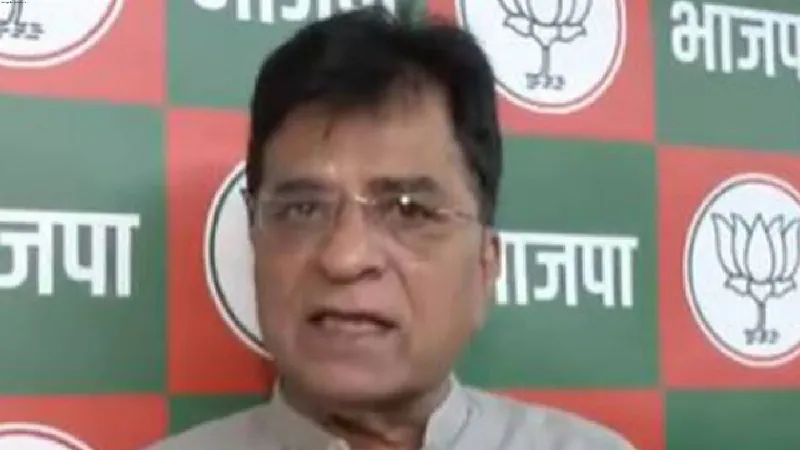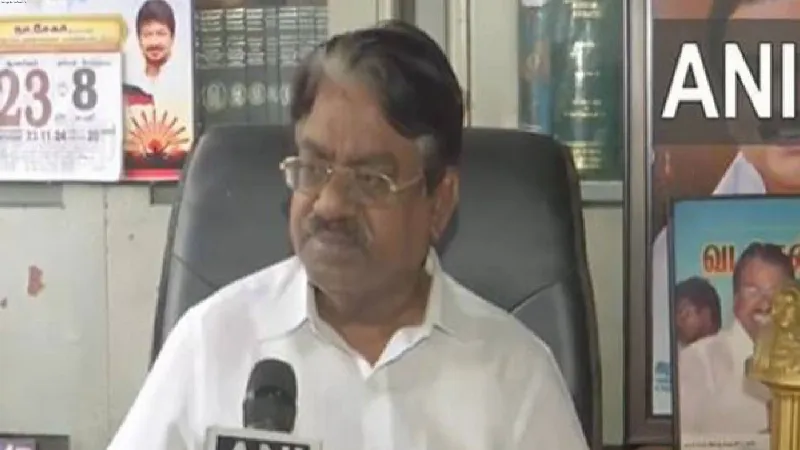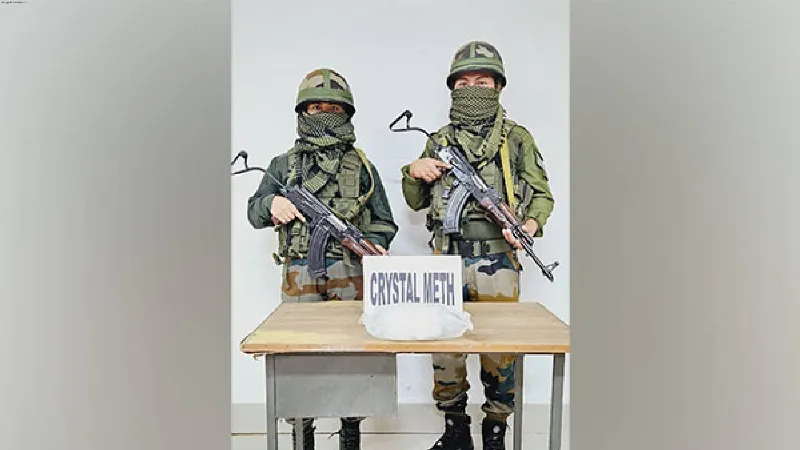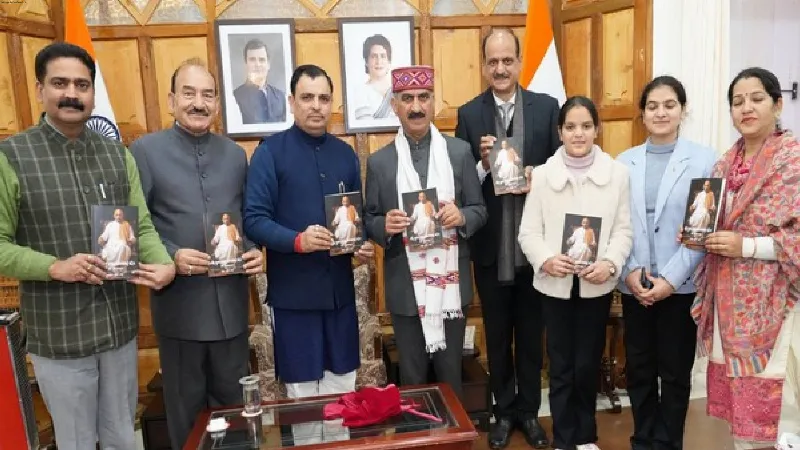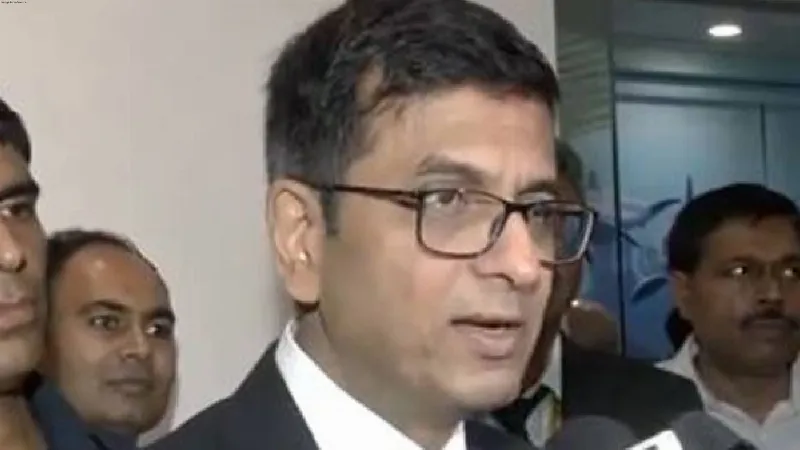Latest News
GUARDIANS OF LOK SABHA

Jaipur: With the formation of the first Lok Sabha in India, the assessment of the role of the Speakers of the Lok Sabha also started. The first Lok Sabha speaker was Ganesh Vasudev Mavalankar. Some veteran leaders have held the post of Speaker. Many Speakers were accused of bias and many others were upset with their party. Till now 17 veteran leaders have reached this post. Neelam Sanjiva Reddy, Balram Jakhar and GM Balayogi have the record of becoming Speaker two times each.
Neelam Sanjiva Reddy became the fourth Lok Sabha speaker of the country in 1967. On becoming Speaker, he resigned from the Congress Party and retired from active politics. He used to call himself the watchman of Parliament, but his tenure as Speaker was not normal. He had heated debates with Prime Minister Indira Gandhi in the House on several occasions. Reddy had to suffer the consequences of this in the 1969 presidential election, when he left the post of Speaker to contest the election. Congress declared Neelam Sanjiva Reddy as candidate, but Indira Gandhi opposed her. Indira Gandhi appealed to the elected representatives of her party to listen to their conscience instead of following the party line. The result was that Neelam Sanjeeva Reddy lost the election and Independent candidate VV Giri became the President. Reddy returned to active politics shortly after losing the presidential election and was elected unopposed as the sixth Speaker on 26 March 1977. However, in July that year, he resigned from the post of Speaker for the presidential election and was elected President unopposed. Reddy’s tenure as Speaker for the second time was only 3 months and 17 days. The record of serving as speaker for the shortest period is also in his name.
SPEAKER WHO DEBATED ON BOFORS FOR 17 HOURS
Dr. Balram Jakhar was the Speaker of the Lok Sabha for two consecutive terms from 1980 to 1989 and became the first politician in the country to remain the Speaker for almost 10 years. His first term as Speaker from 1980 to 1984 was quiet, while his second term from 1984 to 1989 was more discussed. Many meaningful debates took place during his tenure. Speaker Jakhar conducted a debate in the House for more than 17 hours on the much talked about Bofors issue during the Rajiv Gandhi era. He used to come to Rajasthan from Punjab and contest elections. It was during Jakhar’s tenure that the process of computerizing the functioning of the Lok Sabha was started.
UNIVERSAL SPEAKER
PA Sangma’s tenure as Speaker was quite challenging because during his tenure there was a mixed government at the Centre. Elections for the 11th Lok Sabha were held in 1996. Another coalition government was formed at the centre. Congress was supporting the coalition government from outside. This time a new experiment was done in the selection of the new Lok Sabha Speaker, under which the ruling party or front did not keep this important post with itself and gave it to the Congress which was supporting the government from outside. Sangma could remain on this post for only two years (1 year 304 days) because the Lok Sabha was dissolved prematurely. As a speaker, no allegations were leveled against him from either the govt or Opposition.
FIRST SPEAKER OF DALIT COMMUNITY
In the late 90s, the country was going through a coalition period and the 12th Lok Sabha was formed in the mid-term elections held in 1998. This time the BJP led coalition government (NDA) was formed at the Centre. The Atal Bihari Vajpayee government also, continuing the tradition of the previous United Front government, did not keep the post of Speaker with itself and gave it to the Telugu Desam Party (TDP) which was supporting it from outside. GMC Balayogi from TDP was elected speaker unopposed. Balayogi has the distinction of being the first Dalit speaker of the country.
VAJPAYEE’S GOVT COULD HAVE BEEN SAVED WITH 1 VOTE
Atal Bihari Vajpayee government fell by a margin of one vote on the noconfidence motion. As Speaker, GMC Balayogi could have prevented the fall of the Vajpayee government by preventing Congress member Giridhar Gomang, who was also the Chief Minister of Odisha at that time, from participating in the voting or by using his decisive vote as Speaker. But he kept the dignity of his post and did not do so. In another mid-term election in 1999, the NDA govt was formed under the leadership of Vajpayee and GMC Balayogi was elected the next speaker, but this time too he could not complete his tenure and died in a plane crash in March 2002.
FIRST LEFTIST SPEAKER
In the 14th Lok Sabha elections in 2004, the Congress-led UPA government was formed and the Manmohan Singh government, following the previous traditions, did not keep this post with itself and gave it to the Communist Party of India (CPI) which was supporting from outside, due to which Somnath Chatterjee became the 14th Speaker of the Lok Sabha. Chatterjee was the first leftist leader in the country to have the honor of becoming the Speaker of the Lok Sabha.
FIRST FEMALE SPEAKER
When the 15th Lok Sabha was formed in 2009, this time Congress kept the post of Speaker and got the first woman Speaker of Lok Sabha in the form of Meira Kumar. During her tenure, the Opposition created ruckus and walked out in almost every session. Meira Kumar’s tenure was challenging.
MAHAJAN WAS ACCUSED OF NOT BEING IMPARTIAL
BJP’s Sumitra Mahajan became the Speaker of the 16th Lok Sabha formed in 2014 and is the second female to hold this post. Sumitra Mahajan has been accused many times of supporting the ruling party. It is said about Sumitra Mahajan, popularly known as Tai, that even as a speaker, her behavior was like that of a party worker.

